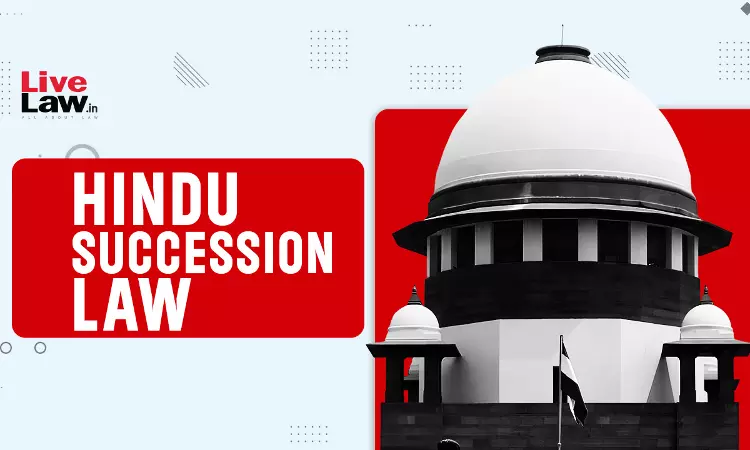Children From Void Marriage Can't Be Denied Share In Their Parent's Property : Supreme Court
Yash Mittal
20 Jan 2024 2:44 PM IST

Next Story
20 Jan 2024 2:44 PM IST
The Supreme Court on Friday (January 19) held that the children born out of a void and voidable marriage shall be considered as legitimate children and be treated as an extended family of the common ancestor for the purpose of deciding a valid share in the property of the common ancestor. Reversing the findings of the High Court, the Bench of Justices MM Sundresh and SVN Bhatti noted that...
